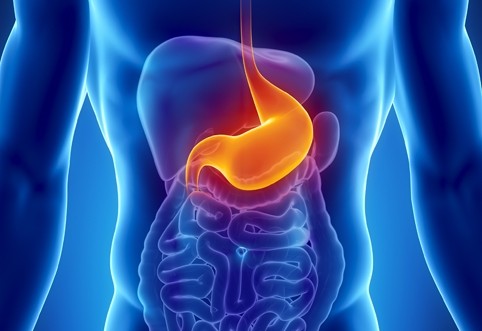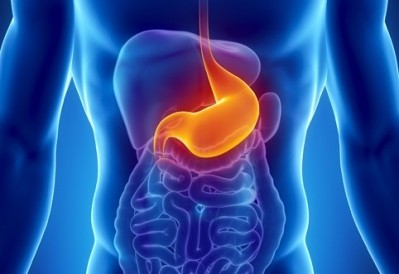Food Vision
Nutrition advice questioned by gut microbe scientist

Speaking at the Food Vision event in London yesterday (March 2), hosted by William Reed, publisher of Food Manufacture, Tim Spector, professor of genetic epidemiology at King’s College London and director of the crowdfunded British Gut Microbiome project, challenged conventional nutritional wisdom on diet, health and obesity.
In particular, he questioned advice about counting calories and claims that all calories were equal. He also challenged advice to avoid eating high fat foods and recommendations about eating starchy foods. He further challenged advice about not skipping meals and widely-held views about the need to balance calories consumed and calories expended.
“This is all simple advice that has been promoted pretty much in most countries in the world and in all those countries, obesity and allergy rates have at least doubled in the last 30 years,” said Spector, who is also founder of Map My Gut, a microbiome research company that draws upon the findings of the Twins UK research project he leads. This involves a study of the health of 12,000 twins from across the UK.
‘Contains many errors’
“So, something was a bit wrong. Actually, there is no evidence to support any of these claims,” he added. “And the Eatwell Plate [which advises people on eating a balanced diet] – although it has some good things in it – contains many errors and I think people are losing confidence in what the government is telling people.”
Contrary to advice from most nutritionists, Spector claimed “the low-fat idea doesn’t work and high fat diets are most likely to protect you against disease than low-fat diets”.
Spector also argued against recommendations from some sources that people should eliminate certain classes of food from their diets completely, such as gluten, fat, carbohydrates, dairy and red meat, to maintain health and avoid allergies. “All you’re left with then is a Kale smoothie and a vitamin tablet,” he joked.
“What I am getting at is that we are moving towards exclusion diets that make us [in terms of our microbiome] even less diverse than we were in the past.”
Instead, he called for greater focus on people maintaining better gut health, which he claimed helped control everything from mood to feelings of satiety, while regulating the immune system.
‘Fat-busting microbe’
Referring to the studies on twins, Spector argued that while genetics could explain some differences in the health of individuals, “most of this is still driven by our diets and our environments”. He added: “We also found there was a difference between the thin twin and the overweight twin in the number of microbes they had. The overweight twin was lacking certain beneficial microbes … we called this the fat-busting microbe.”
Spector reported that some of these microbes were now being used by French and Japanese companies, which were incorporating them into foods designed to reduce obesity. “This is a huge revolution in the way we are thinking about these foods and Christensenella is one of a tip of an iceberg of other microbes that we can find that could work,” he claimed.
Certain foods, such as red grapes, which contain polyphenols, acted as food for beneficial microbes, including the probiotic microbe akkermansia, added Spector. “A healthy gut is like a perfect English garden. You’ve got a diversity of microbes of all types, all living together and feeding off each other’s by-products – nothing is wasted,” he added.
But, he warned: “Emulsifiers, preservatives and artificial sweeteners all have very negative effects on the gut microbiome and it is really important for the food industry to understand this.”
Meanwhile, watch out for more coverage from Food Vision in the April edition of Food Manufacture.

















